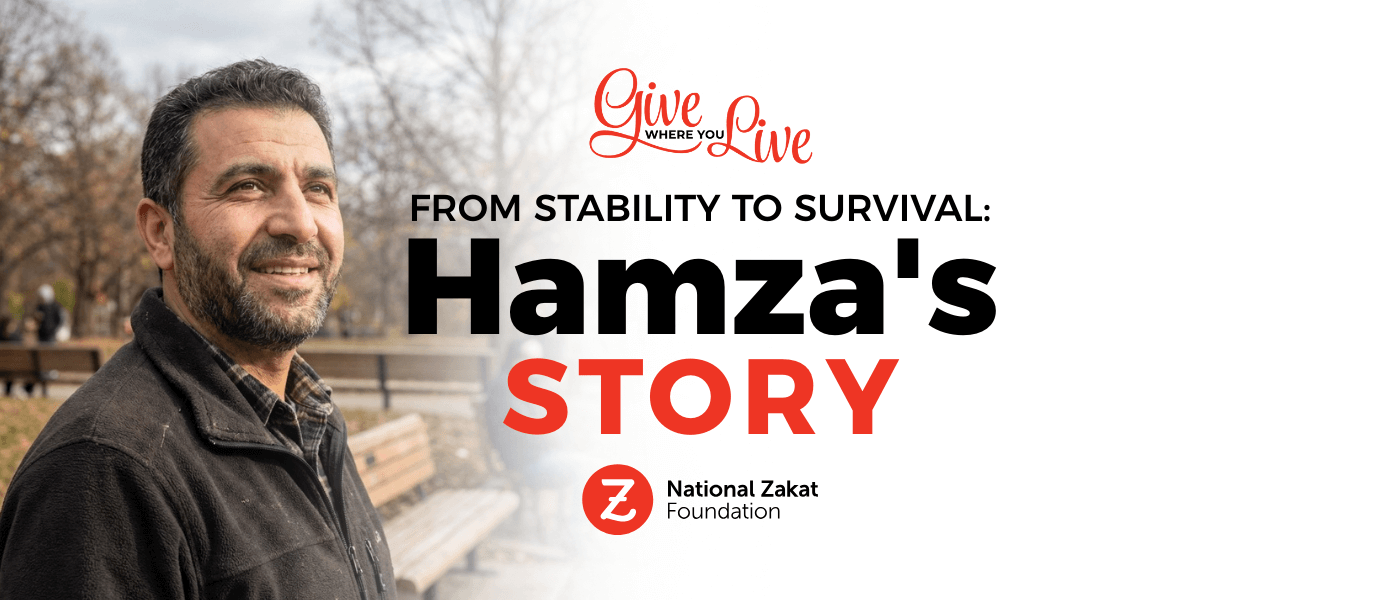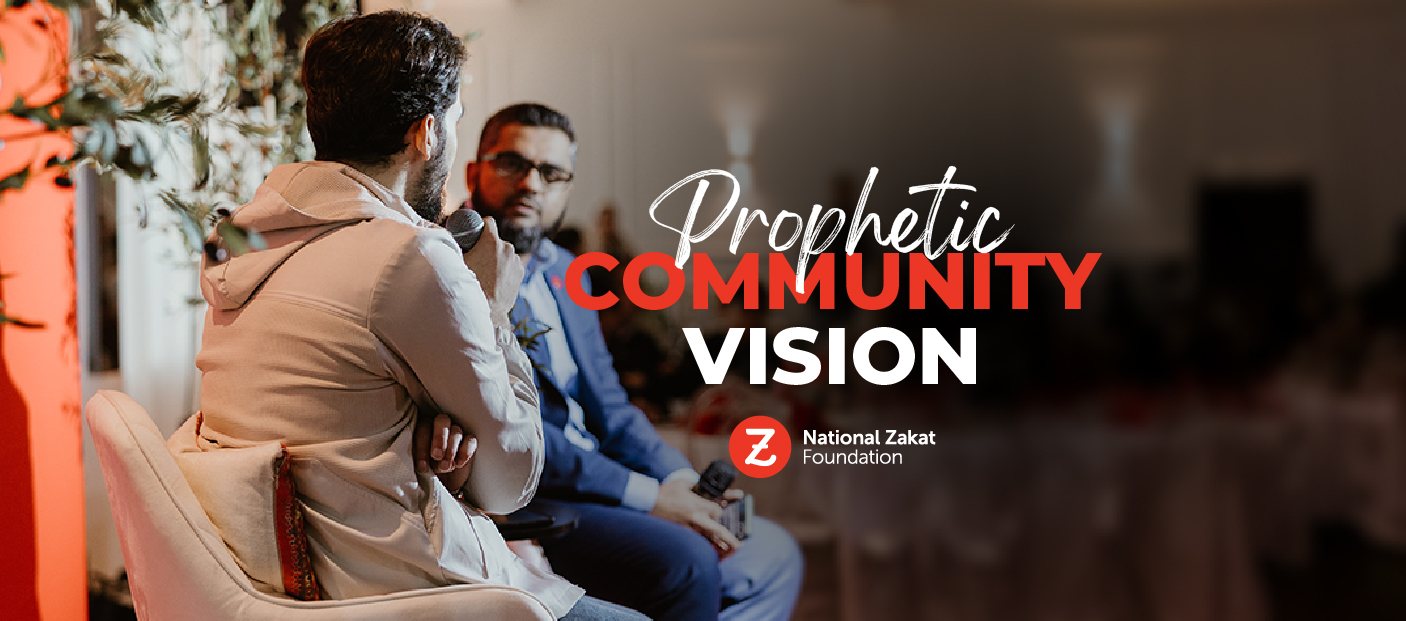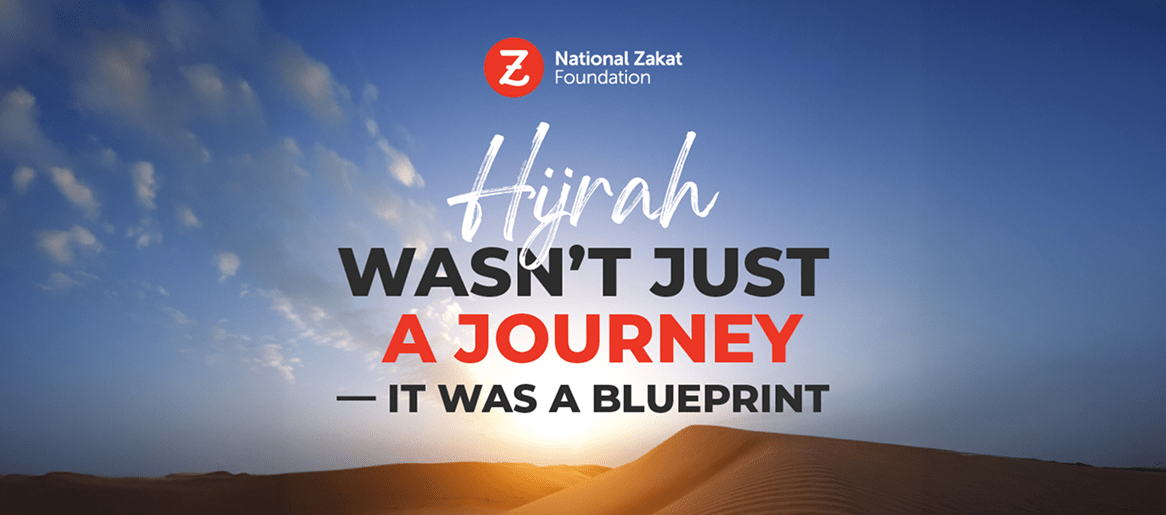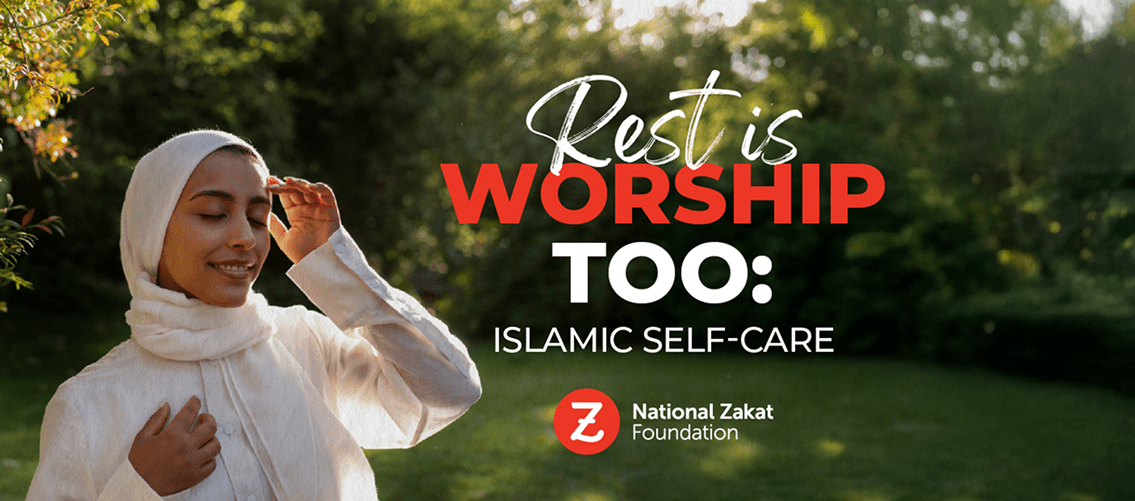Ramadan: 30 Days of Mercy and Sacrifice!
%20(1).png)
What is Ramadan?
Ramadan is a sacred month of fasting, mercy, and spiritual renewal in Islam. As the ninth month of the Islamic lunar calendar, it is a time for Muslims to fast from dawn to dusk, abstaining not only from food and drink but also from forbidden deeds.
This holy month is when the Qur’an was revealed to Prophet Muhammad ﷺ, making it a time of immense blessings and multiplied rewards. During Ramadan, the gates of paradise (Jannah) are opened, the devils are chained, and opportunities for spiritual growth abound.
When is Ramadan 2025?
Since Ramadan follows the Islamic lunar calendar, its dates shift annually based on the moon's cycles. In 2025, Ramadan is expected to begin on Friday, February 28, depending on the sighting of the new crescent moon.
Duration of Ramadan:
Ramadan lasts for 29 or 30 days, determined by the lunar cycle. The month concludes with the sighting of the next crescent moon, marking the start of Eid al-Fitr—a joyful celebration with feasts and gatherings.
When is Eid al Fitr 2025?
Eid al-Fitr is celebrated on the first day of the Islamic month Shawwal, immediately following Ramadan. In 2025, Eid al-Fitr will likely fall on March 29 or 30, subject to moon sighting.
What you need to know!
What do Muslims do in Ramadan?
Muslims dedicate themselves to multiple acts of Ibadah during Ramadan:
- Fasting: From dawn (Fajr) to sunset (Maghrib), refraining from eating, drinking, and forbidden deeds.
- Prayer and Qur’an Recitation: Performing additional prayers, including the special nightly Tarawih prayers, and engaging in the recitation of the Qur’an.
- Charity ( Zakat and Sadaqah): Supporting those in need, following the example of Prophet Muhammad ﷺ and his companions.
- Acts of Kindness and Avoidance of Sin: Abstaining from backbiting, lying, and other harmful behaviours while promoting goodwill and compassion.
Rules of Fasting
The fast during Ramadan is not just about abstaining from food and drink, but also about avoiding sinful actions. Prophet Muhammad ﷺ emphasized the spiritual purpose of fasting:
"Whoever does not give up false statements (i.e. telling lies), and evil deeds, and speaking bad words to others, Allah is not in need of his (fasting) leaving his food and drink." (Sahih Bukhari: 1903)
The Search of Laylatul Qadr: Why are the last 10 nights important?
The last ten nights of Ramadan hold exceptional significance, as one of these nights is Laylatul Qadr (the Night of Decree). It is the night when the Qur’an was first revealed and is better than a thousand months in blessings and rewards.
Muslims dedicate these nights to intensive worship, seeking forgiveness and blessings from Allah. The Prophet ﷺ said,
"Search for the Night of Qadr in the odd nights of the last ten days of Ramadan." (Sahih Bukhari: 2017)
The Prophet (ﷺ) said,
"Whoever fasted the month of Ramadan out of sincere Faith (i.e. belief) and hoping for a reward from Allah, then all his past sins will be forgiven, and whoever stood for the prayers in the night of Qadr out of sincere Faith and hoping for a reward from Allah, then all his previous sins will be forgiven." (Sahih Bukhari: 2014)
When is Laylatul Qadr 2025?
Though the exact date of Laylatul Qadr is unknown, it is believed to fall on an odd night within the last ten days of Ramadan. In 2025, these nights are expected to span from March 19 to March 28, subject to moon sighting.
The possible dates for Laylatul Qadr in 2025 are:
- Night of 21st Ramadan: Evening of March 19 to dawn of March 20
- Night of 23rd Ramadan: Evening of March 21 to dawn of March 22
- Night of 25th Ramadan: Evening of March 23 to dawn of March 24
- Night of 27th Ramadan: Evening of March 25 to dawn of March 26
- Night of 29th Ramadan: Evening of March 27 to dawn of March 28
Muslims dedicate these nights to intensified worship, seeking Allah’s mercy and forgiveness, as the rewards of Laylatul Qadr are unparalleled.
Significance of Ramadan according to Qur’an:
The Qur’an highlights Ramadan as a month of divine mercy, spiritual guidance, and forgiveness:
"The month of Ramadan [is that] in which was revealed the Qur'an, a guidance for the people and clear proofs of guidance and criterion." (Surah Al-Baqarah 2:185)
For those unable to fast due to valid reasons such as illness or travel, the Qur’an allows flexibility, offering options for compensation (fidya):
"For those who can only fast with extreme difficulty, compensation can be made by feeding a needy person for every day not fasted." (Surah Al-Baqarah 2:184)
Significance of Ramadan in Ahadith:
Our beloved Prophet ﷺ underscored the importance of Ramadan as a month of blessings and peace, as well as highlighting the value of a fasting person in the eyes of Allah:
“There are three whose supplication is not rejected: The fasting person when he breaks his fast, the just leader, and the supplication of the oppressed person; Allah raises it up above the clouds and opens the gates of heaven to it. And the Lord says: ‘By My might, I shall surely aid you, even if it should be after a while.” (Jami’ at’Tirmidhi: 3598)
30 Days of Multiplied Rewards!
The Prophet ﷺ said: "Every good deed of the son of Adam would be multiplied from tenfold to seven hundredfold, except fasting. It is done for Me, and I will give a reward for it." (Sahih Muslim: 1151)
Ramadan is a month of profound spiritual growth, and if you’re looking to increase the rewards of your giving, it is a perfect opportunity to do so. Charity holds a special place in Ramadan, as highlighted in the hadith: “The best charity is that given in Ramadan.” (Jami’ at-Tirmidhi: 663).
By giving your Zakat during this blessed month, you can transform the lives of thousands of your brothers and sisters in Canada while drawing closer to Allah. Let this Ramadan be a time to purify your wealth, support those in need, and earn countless blessings.
recent news
The Latest Updates in Our Organization
Here you will find updates on the latest happenings and developments at National Zakat Foundation Canada.





%20(1).webp)



.webp)






